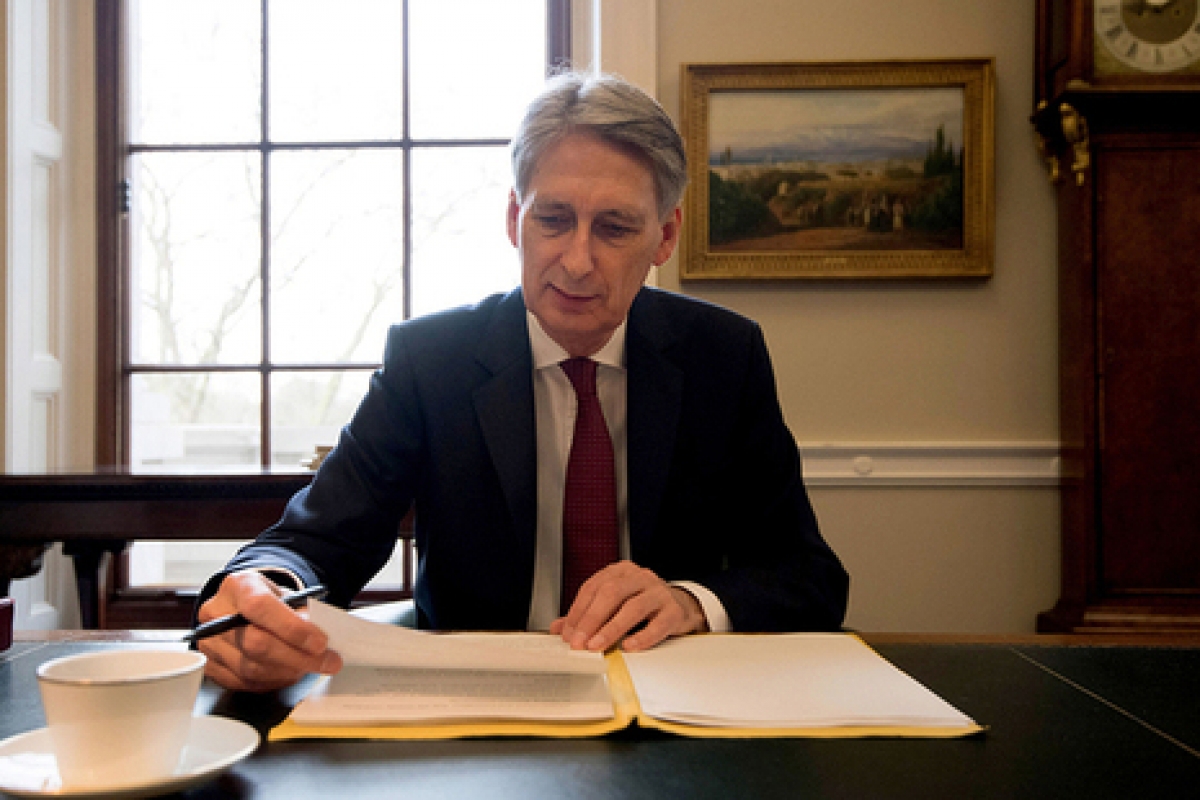Stamp Duty Changes
HMRC's guide to Stamp Duty changes

Housing was at the forefront of the Chancellor's Autumn Budget this week, as government reforms revealed a shake up to Stamp Duty.
But whilst first time buyer exemption was the main focus, the Chancellor's little red book detailed other amends to stamp duty that you need to be aware of.
Relief for first time buyers
The Government are offering relief for first time buyers of residential properties costing no more than £500,000. First time buyers will pay no Stamp Duty Land Tax (SDLT) on the first £300,000 of the purchase price, with the remainder being charged at five per cent. No relief will be available where the total consideration exceeds £500,000.The relief is not time limited and will apply to transactions with an effective date on or after 22 November 2017. Legislation will be introduced in the Finance Bill 2017 to 2018.
Changes to the filing and payment process
Following the announcement at the Spring Budget in March, the SDLT filing and payment window reduction from 30 days to 14 days will now be delayed until after April 2018. It has been confirmed that the changes will apply to land transactions with an effective date on or after 1 March 2019. Planned improvements to the SDLT return are underway, and aim to make compliance with the new time limit easier. The legislation will be introduced in the Finance Bill 2018 to 2019.Minor amendments to higher rates of SDLT
Minor amendments to provide relief in certain cases including:- where a divorce related court order prevents someone from disposing of their interest in a main residence
- where a spouse or civil partner buys property from another spouse or civil partner
- where a deputy buys property for a child subject to the Court of Protection
- where a purchaser adds to their interest in their current main residence.
Additionally, legislation will be provided to prevent abuse of relief for replacement of a purchaser’s only or main residence by requiring the purchaser to dispose of the whole of their former main residence and to do so to someone who is not their spouse. The changes will apply from 22 November 2017. Legislation will be introduced in Finance Bill 2017 to 2018.